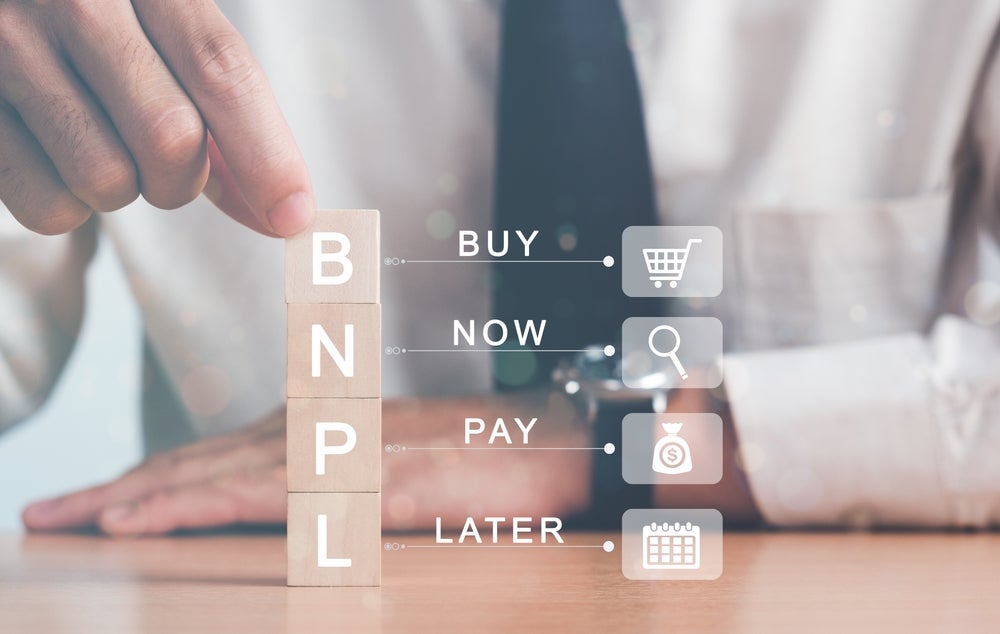
Banking & Payments DECODED
Previous edition: 06 May 2024
Share article
Get the full version straight to your inbox.
Exclusive access to our best-in-class data & intelligence
Subscribe now
How crypto exchanges can benefit from diverse payment solutions in the build up to the Bitcoin halving
There are currently over 295 million cryptocurrency users worldwide, with over 10% of UK adults estimated to hold or have held some form of crypto asset. As such, cryptocurrency exchanges have emerged as key players in the digital economy.

While their primary function revolves around the buying, selling, and trading of digital assets, there are also significant opportunities for exchanges to leverage advancements in the traditional payments industry.
As cryptocurrency adoption continues to increase, by looking at strategically integrating payment technologies and services into their operations, crypto exchanges can unlock new revenue streams, enhance user experience, and support the continued adoption of digital currencies. In turn, leading to overall growth not only for individual platforms, but both the cryptocurrency and payments industries as a whole.
Diversifying payment options
The ability to offer a wide range of payment solutions to their users is a key benefit crypto exchanges can reap by collaborating with the payments industry.
While many exchanges initially relied on bank transfers and wire deposits, these methods can be clunky and slow. By diversifying their range of payment methods to include local payment methods, credit/debit cards, e-wallets, and mobile payments, exchanges can enhance accessibility and convenience for their users.
What’s more, including capabilities for cross-border payments and local payouts will help exchanges to attract a broader user base.
In addition to this, by providing multiple avenues for fiat-to-crypto transactions, exchanges can lower barriers to entry for newcomers to the cryptocurrency space.
Driving adoption and retention through user experience
As with any new or alternative financial service, user experience and trust are paramount in driving adoption and retention on crypto exchanges. Integrating payment technologies that offer fast, secure, and user-friendly transaction experiences can significantly enhance the overall trading experience.
For example, implementing instant payment methods and reducing transaction fees can encourage more frequent trading and boost user engagement, while offering features such as recurring payments and automated purchases can cater to the diverse needs and preferences of the users.
Furthermore, the focus on secure transactions will help crypto exchanges to increase trust amongst their user base, something that alternative finance has had challenges with in the past.
Local-level trading
Utilising something like a local payouts solution will allow for timely and efficient transactions, bypassing lengthy traditional banking processes – ideal for time-sensitive purchases or urgent transfers.
Local crypto payment methods can also enable users to engage in transactions within their communities, fostering further economic growth and creating opportunities for businesses and individuals.
What’s more, by eliminating intermediaries like banks and keeping payments at a local level, crypto exchanges get reduced fees and can therefore save themselves money. As a result, they are able to offer more cost-effective solutions to users and, consequently, attract more traders.
Taking advantage of different revenue streams
The payments industry offers various revenue-generating opportunities for crypto exchanges beyond trading fees. By offering payment processing services, merchant solutions, and remittance services, exchanges can diversify their revenue streams and capture additional value from the growing demand for digital payments.
For example, exchanges can partner with merchants to enable crypto payments for goods and services, earning transaction fees in the process. Similarly, providing remittance services for cross-border payments can allow crypto exchanges to tap into a lucrative market segment and generate additional revenue.
Compliance and regulatory challenges
Like any financial service, for crypto exchanges, navigating the regulatory landscape is a key challenge, particularly when it comes to anti-money laundering (AML) and know-your-customer (KYC) regulations.
However, leveraging payment technologies that incorporate robust AML/KYC protocols can help exchanges navigate specific regulatory requirements, leading to better compliance, enhanced security and, ultimately, more user trust.
Furthermore, calling on compliance solutions specific to the payments space – such as transaction monitoring and identity verification – will mitigate the risks associated with fraudulent activities and ensure a safe and compliant trading environment, benefiting both the exchanges and their users.
Maximising future potential
In recent years, we’ve already seen multiple synergies between the payments and crypto industries, and the near future holds significant promise for the relationship between the two.
As innovation continues in the payment space with increases in real-time, local, and cross-border payment solutions, the benefits for crypto exchanges will only continue to grow.
Equally, due to the transformative potential of blockchain technology as well as a growing adoption amongst businesses and individuals alike, growth in the role of cryptocurrency in the payments space will be key.

Scott Major is Chief Commercial Officer at Transact365
Latest news

GXBank and Zurich Malaysia agree 10-Year partnershipto address insurance needs for the underserved
GXBank, Zurich General Insurance Malaysia and Zurich Life Insurance Malaysia have agreed a 10-year exclusive bancassurance tripartite partnership. The aim is to co-create micro protection products for underserved Malaysians.

BNPL to account for 7.7% of e-commerce payments in Asia-Pacific by 2028, forecasts GlobalData
Buy now pay later (BNPL) has become a popular payment tool in Asia-Pacific (APAC), due to increasing demand for short-term credit coupled with growing consumer preference for online shopping. Given its popularity, the BNPL to account for 7.7% of e-commerce payments in Asia-Pacific by 2028

Goldman Sachs' lifts its bonus limit for bankers - does the UK have a pay problem?
Goldman Sachs is the first mover in terms of removing the cap on banker bonuses. Back in 2014, bonuses were limited to twice basic pay. But according to Goldman Sachs, the relaxation in the law announced last year will give it ‘greater flexibility’. And enable the UK arm of the bank to get closer to bonus levels in New York and elsewhere.

UAE card payments market to surpass $200bn in 2028, forecasts GlobalData
The UAE card payments market is forecast to grow at a compound annual growth rate (CAGR) of 10.6% between 2024 and 2028 to reach AED764.1bn ($208.2bn) in 2028, according to GlobalData, publishers of EPI.

Private Advisor Group welcomes Stones River Wealth Management
Private Advisor Group, an independent wealth management firm, has welcomed Ethan Campbell, wealth adviser of Stones River Wealth Management, to its adviser community.

AlTi Tiedemann Global redefines its flagship strategy
AlTi Global, an independent global wealth manager with over $70bn in combined assets, has partnered up with technology investor Hiro Tamura, formerly managing partner at Atomico, to launch a new flagship expansion equity strategy that invests in private growth-stage technology firms.

SVB Financial signs contract for the sale of SVB Capital
A definitive agreement has been reached by SVB Financial Group whereby its investment platform business, SVB Capital, will be acquired by a newly established entity associated with Pinegrove Capital Partners ("Pinegrove"), supported by ongoing funding from Brookfield Asset Management ("Brookfield") and Sequoia Heritage.

Malaysian credit and charge card payments to grow by 8.2% in 2024
The Malaysian credit and charge card market is forecast to grow by 8.2% to reach MYR230.5bn ($50.5bn) in 2024, supported by rising consumer spending, according to GlobalData, publishers of EPI.
In our previous edition

Banking & Payments Decoded
Savvy consumers will stick to Mastercard/Visa if there is any potential for a chargeback
03 May 2024

Banking & Payments Decoded
Without transparency, banks will continue to find themselves as political prey
02 May 2024

Banking & Payments Decoded
As fintech develops, strategic partnerships face more granular competition
01 May 2024
Newsletters in other sectors
Aerospace, Defence & Security
Medical Devices
Technology
Travel and Tourism
Search companies, themes, reports, as well as actionable data & insights spanning 22 global industries
Access more premium companies when you subscribe to Explorer


